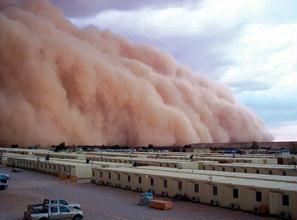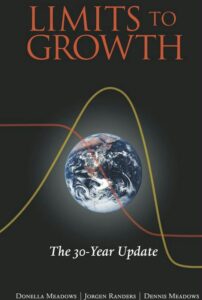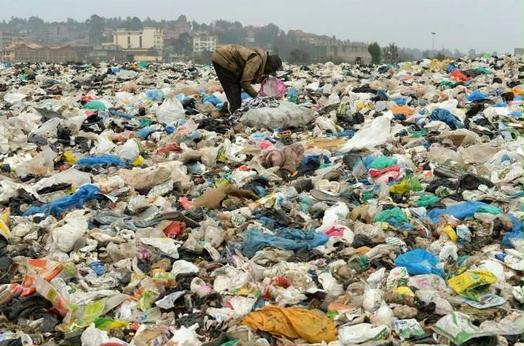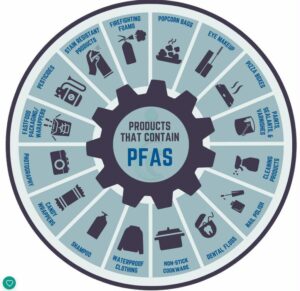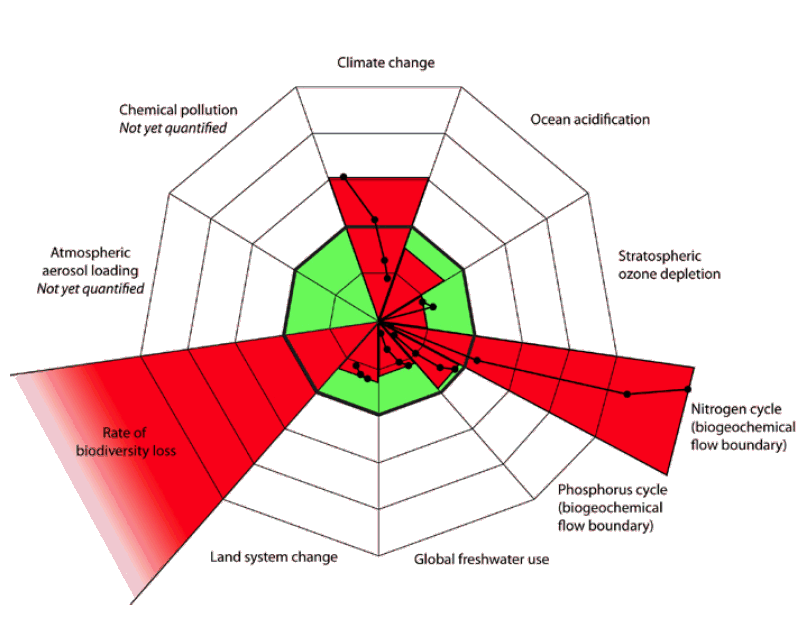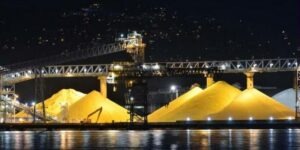
Preface. I first learned of sulfur’s existence when my grandmother told me how she loved going to tent revivals on the edge of town where it was common for preachers to get converts by burning sulfur to make the fire and brimstone damnation of Hell seem real (during the 3rd Great Awakening).
Alice Friedemann www.energyskeptic.com Author of Life After Fossil Fuels: A Reality Check on Alternative Energy; When Trucks Stop Running: Energy and the Future of Transportation”, Barriers to Making Algal Biofuels, & “Crunch! Whole Grain Artisan Chips and Crackers”. Women in ecology Podcasts: WGBH, Jore, Planet: Critical, Crazy Town, Collapse Chronicles, Derrick Jensen, Practical Prepping, Kunstler 253 &278, Peak Prosperity, Index of best energyskeptic posts
***
Sulfuric acid is called the “king of chemicals” because it is the most widely used chemical on earth. Over 260 million metric tons were produced in 2021 for lead acid batteries, chemicals, detergent, rayon, paper, iron and steel pickling, glass, cement, adhesives, sugar refining, fireworks, rubber vulcanization, explosives, pesticides, drugs, plastics, pigments, water treatment, and 30,000 other products. Sulfuric acid is also used at mines and smelters to produce copper, zinc, cobalt, lead, and nickel can also be used to extract metals.
Continue reading →


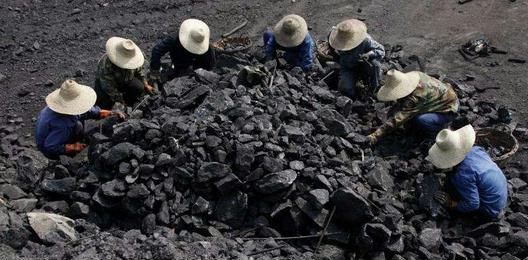
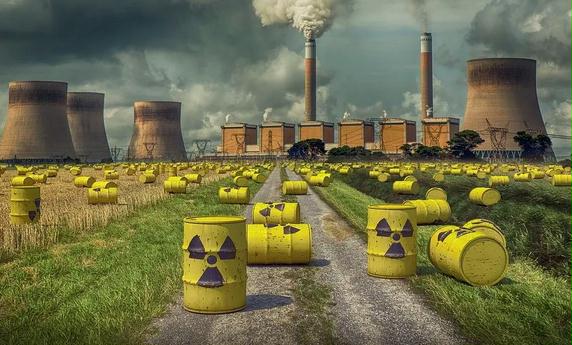 Preface. One the greatest tragedies of energy decline will be the nuclear waste left to harm 30,000 future generations so 3 generations could keep the lights on. We owe it to the future to clean up waste while we still have the fossil fuels to do it, since digging a hole deep and large enough requires serious offroad vehicles burning 50 gallons or more an hour. The great grandchildren sure won’t be able to do it with shovels.
Preface. One the greatest tragedies of energy decline will be the nuclear waste left to harm 30,000 future generations so 3 generations could keep the lights on. We owe it to the future to clean up waste while we still have the fossil fuels to do it, since digging a hole deep and large enough requires serious offroad vehicles burning 50 gallons or more an hour. The great grandchildren sure won’t be able to do it with shovels.